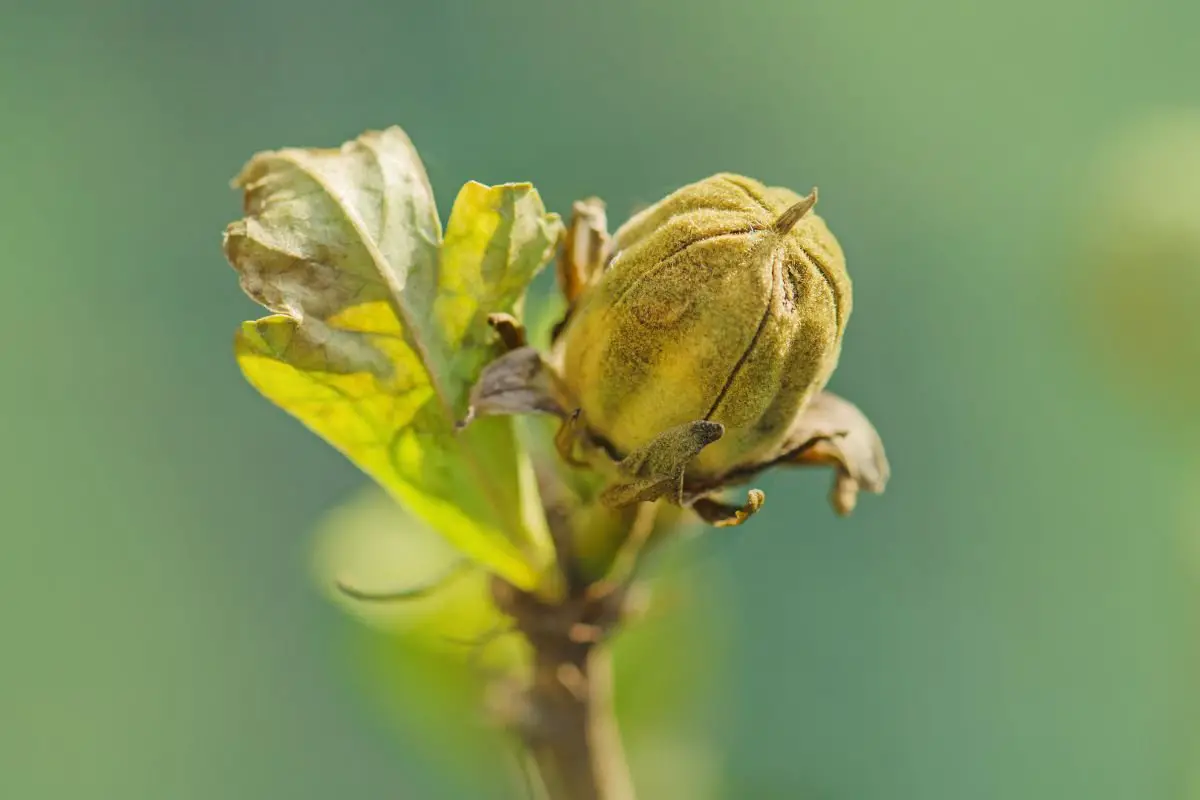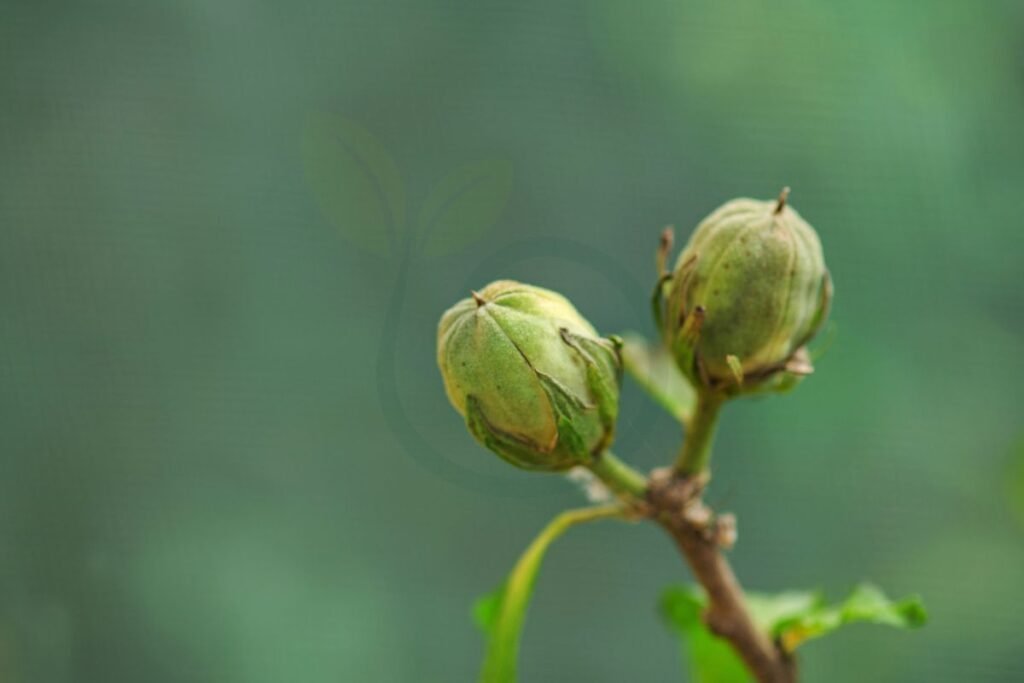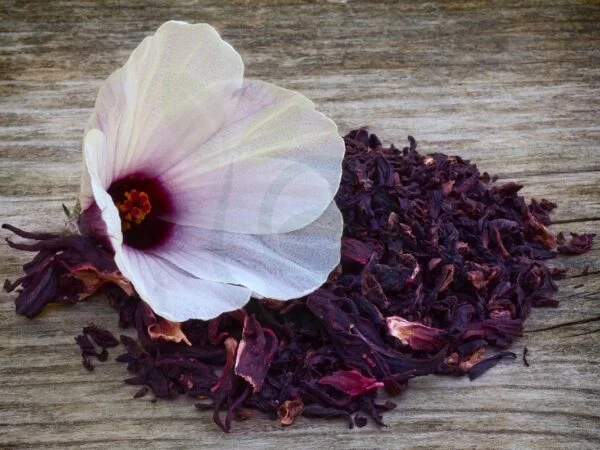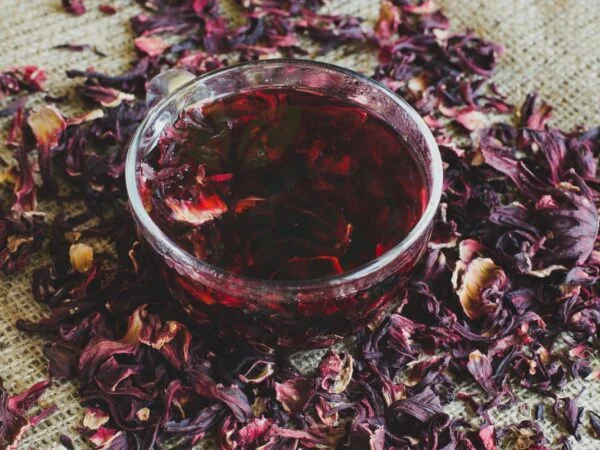
Did you know that hibiscus plants produce seeds that can be harvested for future planting? If you're wondering how to harvest hibiscus seeds from your garden, look no further. We've got you covered with expert tips and guidance on obtaining these vibrant seeds straight from your hibiscus blooms.
Key Takeaways
- Understanding the different types of hibiscus seeds is crucial for successful planting and growth.
- Start hibiscus seeds in optimal conditions to ensure healthy development.
- Care for hibiscus seeds by providing adequate sunlight, water, and nutrients.
- To grow hardy hibiscus successfully, maintain consistent care and monitor for pests or diseases.
- Keep up with new breeding advances to explore innovative hibiscus varieties in the garden.
- Implementing these steps will help you get the most out of your hibiscus seeds and enjoy beautiful blooms.
Understanding Hibiscus Seeds
Seed Varieties
Hibiscus seeds come in various varieties suitable for cross-pollination. It's crucial to select genetically diverse cultivars to ensure successful seed production. Genetic variation plays a vital role in the quality and resilience of hibiscus seeds.
Growth Conditions
To achieve optimal germination, provide hibiscus seeds with warm and sunny environments. These conditions are essential for healthy seedling growth. Maintaining proper temperature and moisture levels during germination is key to nurturing robust hibiscus plants.
Seed Care
During the germination period, it's important to care for hibiscus seeds properly. Enhancing seed coat moisture absorption through specific steps is crucial for successful growth. Soaking the seeds before planting aids in softening the coat and kickstarting the germination process.
Hardy Hibiscus Overview
Growth Process
- Monitor the growth process of hibiscus seeds after planting.
- Track the development of hibiscus seedlings over time, observing changes daily.
- Recognize the stages of growth in hibiscus plants, from germination to flowering.
Popular Varieties
- Explore popular hibiscus seed varieties for cultivation, such as the Tropical Hibiscus.
- Discover unique characteristics of different hibiscus cultivars, like the Rose Mallow.
- Learn about the preferences and traits of commonly grown hibiscus plants, including cold-hardy varieties.
LunaSeries Hibiscus
Overview
Proper planting techniques for hibiscus seeds are crucial for successful growth. Using a quality seed starting mix ensures the right nutrients for seedlings. Maintaining ideal temperatures during planting promotes healthy germination.
Planting Tips
Transplant hibiscus seedlings carefully to avoid shock and ensure survival. Adequate heat and moisture are essential for successful germination. Transfer seedlings to individual pots at the right growth stage to encourage strong root development.
Disco BelleSeries Hibiscus

Overview
Disco BelleSeries Hibiscus are a type of tropical hibiscus known for their vibrant and colorful blooms. These plants can be grown from seeds, offering a rewarding experience for gardeners. To get hibiscus seeds, you can either collect them from existing flowers or purchase them from nurseries.
When collecting hibiscus seeds from flowers, wait for the flower to wither and develop a seed pod. Once the pod turns brown and starts to split open, carefully gather the seeds. Ensure they are fully dry before storing them in a cool, dry place.
Planting Tips
To plant Disco BelleSeries Hibiscus seeds, begin by preparing a well-draining potting mix. Moisten the mix slightly before placing the seeds on top, gently pressing them into the soil. Cover lightly with more soil and mist with water.
- Keep the soil consistently moist but not waterlogged to aid germination.
- Place the pot in a warm location receiving indirect sunlight.
- Germination typically takes around 7-21 days, so be patient.
- Once seedlings appear, ensure they receive adequate light for healthy growth.
Starting Hibiscus from Seed
Preparation Steps
To start hibiscus from seed, prepare them by nicking the seed coat for better water absorption. Soak the seeds in water to kickstart the germination process effectively. Ensure your potting mix and containers are ready before planting.
Planting Techniques
For successful hibiscus seed germination, apply specific techniques like using fine grade sandpaper or a knife tip to help with moisture absorption. Cover your trays with plastic to maintain optimal moisture levels throughout the planting process.
Optimal Planting Conditions
Soil Requirements
To successfully plant hibiscus seeds, understand the soil needs. Opt for a well-draining soil mix rich in nutrients. Ensure adequate aeration and moisture retention to support growth.
Light and Temperature
For optimal germination, provide sufficient light and warmth. Maintain temperatures within the recommended range consistently. Place seedlings in sunny spots to encourage healthy development.
Caring for Hibiscus Seeds
Watering Needs
Maintain adequate moisture levels for hibiscus seeds during their growth phase to support healthy development. Avoid overwatering as it can lead to root rot and damage the delicate seedlings. Consistently water hibiscus plants, ensuring the soil remains moist but not waterlogged.
Fertilization Tips
Select appropriate fertilizers to boost the growth of hibiscus plants effectively. Adhere to recommended fertilization schedules to achieve optimal results in plant growth and blooming. Understand how essential nutrients play a crucial role in promoting overall health and vitality of hibiscus plants.
Growing Hardy Hibiscus Successfully
Monitoring Growth
Monitor the growth of hibiscus seedlings to ensure they are developing properly. Keep an eye on the emergence of leaves, stems, and roots in the young plants. By observing these key indicators, you can track their progress effectively.
Identify any issues that may arise during the growth process and address them promptly. Early detection of growth problems allows for timely intervention, ensuring the healthy development of your hibiscus plants. Take necessary corrective actions to promote optimal growth conditions.
Troubleshooting Tips
Address common growth problems that may occur when germinating hibiscus seeds. If you notice slow germination or poor growth rates, implement troubleshooting strategies to support the seedlings' development. By addressing these issues early on, you can prevent further setbacks.
In case your hibiscus plants face challenges such as pests, diseases, or unfavorable environmental conditions, seek appropriate solutions. Implement measures to combat pests effectively and prevent diseases from spreading among your plants. Adjust environmental factors like sunlight exposure and watering frequency to create a conducive growing environment for your hibiscus.
Exploring New Breeding Advances
Hybrid Varieties
Hybrid hibiscus varieties offer unique characteristics and traits that can enhance your garden's beauty. These hybrids are created by crossing different hibiscus species to produce plants with stunning colors, varied bloom sizes, and distinctive foliage patterns. Exploring hybrid hibiscus plants opens up a world of possibilities for creating a diverse and visually appealing garden landscape.
Benefits of hybridization in hibiscus breeding include improved disease resistance, enhanced vigor, and the ability to thrive in various growing conditions. By understanding the advantages of hybrid varieties, you can select plants that suit your specific needs and preferences. The availability of hybrid hibiscus plants in nurseries and online stores makes it convenient for gardening enthusiasts to access these unique cultivars easily.
Future Trends
Staying informed about emerging trends in hibiscus seed production is crucial for keeping up with the latest developments in the industry. Advancements in hibiscus breeding techniques and genetic research are continuously shaping the future of hibiscus cultivation. By staying updated on these trends, you can anticipate exciting new varieties that may become available in the market.
Exploring future possibilities for developing new hibiscus seed varieties involves embracing innovative technologies such as gene editing and molecular breeding. These cutting-edge approaches hold the potential to create hibiscus plants with novel traits, improved resilience, and enhanced aesthetic appeal. Considering these advancements opens up a realm of possibilities for introducing unique hibiscus cultivars into your garden landscape.
Closing Thoughts
Understanding the intricacies of hibiscus seeds, from starting to caring for them, is essential for growing these vibrant plants successfully. Whether you opt for the hardy varieties like LunaSeries and Disco BelleSeries or explore new breeding advances, ensuring optimal planting conditions is key. By following these steps diligently, you can nurture your hibiscus seeds into flourishing plants that brighten your garden.
Now that you have a comprehensive guide on growing hibiscus from seeds, it's time to roll up your sleeves and put this knowledge into action. Get your hands dirty, embrace the joy of gardening, and watch as your hibiscus plants bloom beautifully. Share your successes with fellow gardening enthusiasts and continue exploring new techniques to enhance your green thumb skills.
Frequently Asked Questions
How do I understand Hibiscus seeds better?
To understand Hibiscus seeds, you need to know their characteristics, germination process, and ideal growing conditions. Research the specific type of Hibiscus seeds you have for tailored care instructions.
[Special requests]
- Research the specific variety of Hibiscus seeds you have.
- Learn about the germination process and ideal growing conditions.
- Seek advice from experienced gardeners or nurseries if needed.
What are the optimal planting conditions for Hibiscus seeds?
Hibiscus seeds thrive in well-draining soil with full sun exposure. Plant them at a depth of ¼ inch and maintain consistent moisture levels. Ensure temperatures are consistently warm for successful germination.
[Special requests]
- Use well-draining soil with full sun exposure.
- Plant at a depth of ¼ inch and keep the soil moist.
- Maintain warm temperatures for successful germination.
How should I care for Hibiscus seeds?
Care for Hibiscus seeds by providing adequate water, sunlight, and nutrients. Monitor for pests or diseases regularly and ensure proper ventilation. Prune as needed to promote healthy growth and flowering.
[Special requests]
- Provide sufficient water, sunlight, and nutrients.
- Monitor for pests, diseases, and provide proper ventilation.
- Prune to encourage healthy growth and flowering.
Can I start Hardy Hibiscus from seed?
Yes, you can start Hardy Hibiscus from seed by following specific germination procedures. Harden off seedlings before transplanting outdoors. Expect a longer time to maturity compared to vegetative propagation methods.
[Special requests]
- Follow germination procedures for Hardy Hibiscus seeds.
- Harden off seedlings before transplanting outdoors.
- Be patient as it may take longer to mature than other propagation methods.
What are some new breeding advances in the world of Hibiscus?
New breeding advances in Hibiscus include developing varieties with unique colors, patterns, sizes, and disease resistance traits. Breeders aim to create plants that are more resilient, visually appealing, and suitable for various climates.
[Special requests]
- Look out for new varieties with different colors, patterns, sizes.
- Check for disease-resistant traits in newer cultivars.
- Consider how these advancements can benefit your garden or landscape design.
Image Source: Paid image from CANVA




